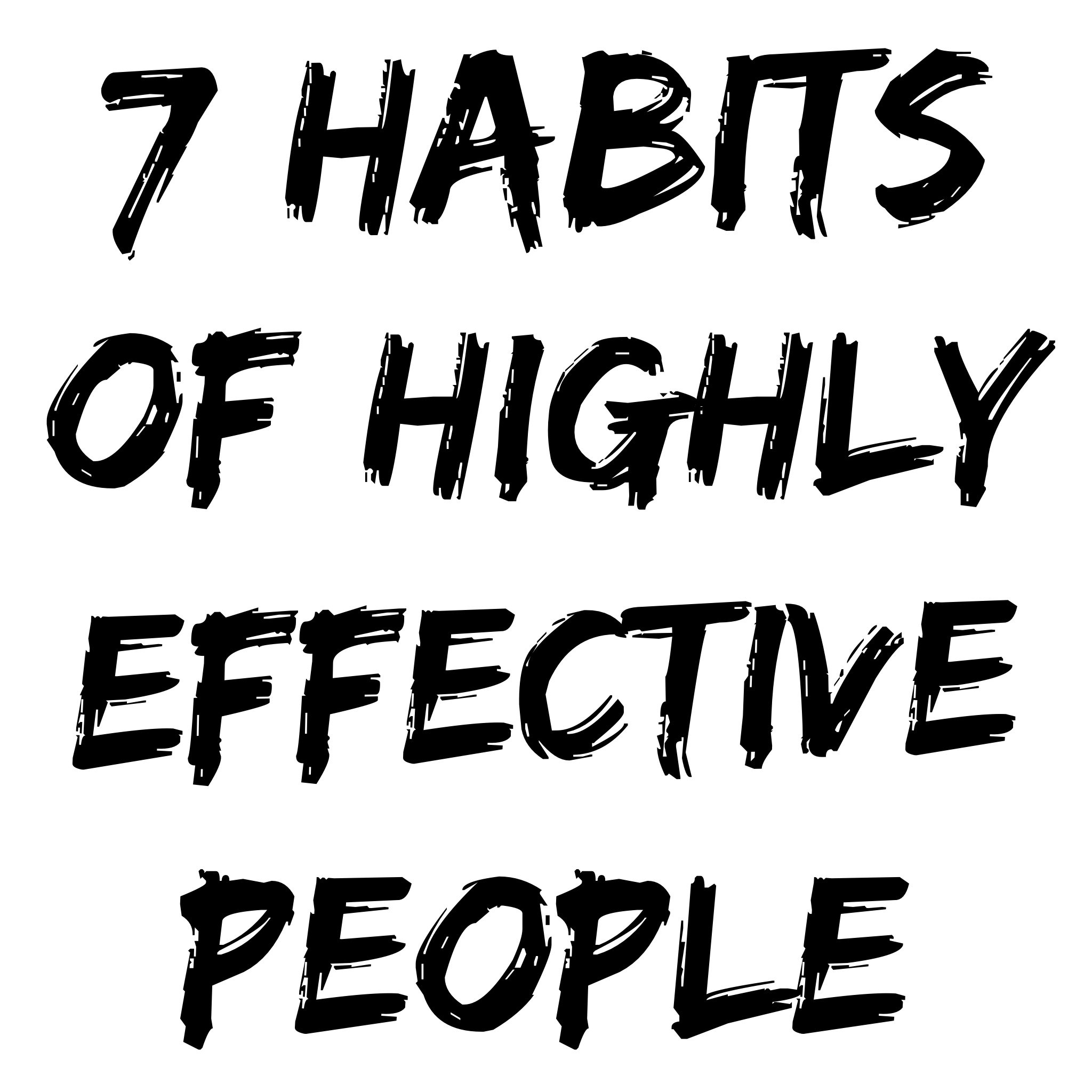Setting and Holding Boundaries: Why Mastering Both Will Improve Your
Life
Contributed by Beth Rush
Healthy boundaries are essential to fulfilling
lives, but most people still don’t have them. Some depend on others to decide
what to do, feel or deserve. However, sharing too much of your time, energy and
resources means you lack personal limits on how others can treat you. Discover
the importance of boundaries and how to assert them.
What Does It Mean to
Hold a Boundary?
Boundaries refer to the invisible line
separating what behaviors are acceptable for an individual. They protect your
values, needs, time, health and relationships. Supporting each other’s
established limits means people have the freedom to be themselves and can
positively impact the world. Here’s what it means to hold a boundary.
It Doesn’t Mean You’re Selfish
Maintaining a boundary doesn’t mean you lack
empathy. However, it does limit how much you allow people to affect you. You
can still lend a helping hand while being mindful of your feelings. View
boundaries as a form of self-care instead of selfishness
and prioritize your needs without guilt.
It’s Not Telling Others What to Do
Setting boundaries is about expressing your
needs and acting on things within your control. This entails reflecting on how
you will react if a specific situation arises. For instance, rather than
telling someone not to treat you a certain way, expressing a healthy boundary
could mean saying, “I don’t feel safe when you raise your voice at me.”
It’s Not an Ultimatum
At first glance, boundaries may appear like
ultimatums, which can negatively affect relationships. These invisible lines
refer to limits you set for yourself, which don’t harp on judgment, blame or
anger.
On the other hand, ultimatums are consequences when people don’t respect your boundaries. For example, you’ve told your partner you don’t smoke and feel uncomfortable when they do it around you. However, instead of respecting your boundaries, they’ve continued smoking while you are around, even encouraging you to do the same.
When this happens, you may tell your partner they need to stop their behavior, or else you’re calling it quits — this is an ultimatum.
The Importance of
Boundaries
You may discover setting boundaries improves your mental health and mood. If you avoid voicing your feelings and limits, you sacrifice your needs and desires for others. Here’s how setting and maintaining boundaries can improve your quality of life.
Increased Self-Awareness
Boundaries are essential because they allow
you to recognize what you require for your happiness and well-being. Reflecting
on your feelings increases self-awareness, enabling you to realize your
strengths and challenges.
Improved Relationships
Setting and maintaining boundaries means
allowing yourself to be fully present for your loved ones by giving yourself
space to recharge when emotionally drained. It’s being aware you can’t pour
from an empty cup.
Decreased Stress Levels
Decreased Stress Levels
When you don’t set boundaries, you risk overextending yourself. This can manifest in many ways, including the following:
- Exhaustion and overwhelm: Feeling burnt out is a sign you’re overextended. You might constantly worry about getting things done on time. Restlessness, isolation and other harmful habits are signs of exhaustion.
- Resentment: Giving too much of yourself in relationships might leave you resentful due to a lack of reciprocity. Setting limits and communicating them creates greater equality and fairness with loved ones.
- Wanting to quit: If you’re feeling the urge to escape from responsibilities, it’s likely you haven’t set boundaries yet.
Establishing limits can save you stress and provide you freedom over how you spend your time.
More Time for Things You Love
Instead of preoccupying yourself with
physically and emotionally draining situations, boundaries allow you to create
more time for what you enjoy doing most. When you learn to say “no” to an
invite, you can finish reading a book, make time for exercise or learn a new
hobby.
How to Begin Setting
and Maintaining Boundaries
Setting boundaries may feel unnerving
initially and will take practice to get down pat. These actionable tips will
teach you to hold the limits you set for yourself and others.
1. Know the Different Types of
Boundaries
There are several types of boundaries to be aware of. These may manifest in various forms, including:
- Financial: This applies to your home and work environment. For instance, you may experience struggles when caring for your children and aging parents. When you’re among the 2.5 million individuals in the sandwich generation, you are at a greater risk of financial and emotional hardships. Communicate your financial future and goals while caring for your loved ones.
- Physical: Define who, where and how someone can touch you. It could also entail caring for your physical health. For example, you might refuse to work on weekends to avoid burnout.
- Intellectual: This includes respect for other people’s ideas and awareness of appropriate discussion.
- Sexual: Setting rules, consent and types of sexual intimacy with your partner can help you manage your health and safety.
- Emotional: Maintaining emotional boundaries means identifying what you’re comfortable sharing emotionally with others. Knowing where to turn when discussing something personal is an emotional boundary.
2. Do a Self-ReflectionReflection
Reflection promotes continuous self-awareness
and delivers the insight required to achieve your full potential. Identify what
makes you safe and uncomfortable. One helpful method for this is creating a
boundary circle, listing everything you need to feel loved,
seen and appreciated. Write down whatever frustrates you or makes you feel
disrespected outside the shape.
3. Start Small
It might be difficult to say “no” initially,
but you’ll eventually feel more comfortable. Start by setting a small,
manageable boundary, then work your way up. For instance, if someone asks for a
favor, you can offer some tool to help instead of refusing to assist.
Commit to Your
Boundaries
Boundaries are often met with pushback — a
reason many people let their guard down. When asserting boundaries, remember to
take it one step at a time. Reflect on what you truly need and want, and allow
yourself to live a fulfilling life.
by Beth Rush • Managing Editor at Body+Mind
Search for more podcasts + articles...
freshly pressed:
Best-selling Self-development courses by Dean Bokhari
Top Audiobooks narrated by Dean Bokhari on audible
Book summaries
- The Power of Habit by Charles Duhigg
- 12 Rules for Life by Jordan B. Peterson
- Presence by Amy Cuddy
- Leaders Eat Last by Simon Sinek
- The ONE Thing by Gary Keller, Jay Pasan
- Deep Work by Cal Newport
Read or Listen to top Self-Help + Business Book Summaries in 20 Minutes or Less.
or































